
Over the years, societies have often called several individuals heroes, celebrating their accomplishments and extolling their virtues. However, behind the facade of glory lies a darker truth: many of these revered figures were, in fact, deeply flawed and morally reprehensible individuals. This article shines a light on 15 such historical figures.
Coco Chanel

Many admire Gabrielle “Coco” Chanel’s influence in the fashion industry. Yet, during World War II, she made a controversial choice: collaborating with the Nazis occupying France as she didn’t want to lose business. Some speculate she might have been a German spy, with evidence pointing to her gathering information.
Pablo Picasso

Pablo Picasso, a name we’ve all become familiar with from art class, lived until 1973, making him a relatively modern artist. Although, many overlook his dark side. In today’s context, he would likely face trial for his abusive treatment of women, as his actions included burning a woman’s face with a cigarette, infidelity, and neglecting his illegitimate children.
President Grover Cleveland

It was often overlooked in history class as Grover Cleveland made no significant changes to the country. However, his personal life reveals troubling behavior. It is alleged that at 37, he assaulted a 38-year-old woman, and when she threatened to expose him, he used his power to have her committed to an asylum.
Walt Disney

The creator of Mickey Mouse isn’t as wholesome as his characters suggest. He harbored racist beliefs, referring to the Seven Dwarves as a derogatory term for people of color. Additionally, he had issues with women, as evidenced by his refusal to hire animator Mary Ford simply because of her gender.
Steve Jobs

He was the driving force behind Apple’s success, but he has flaws and is known for his cruelty. Despite fathering a daughter, he denied paternity for years. Another controversy surrounding him was that he illegally backdated Apple stocks for personal gain.
P.T. Barnum

In the movie The Greatest Showman, we are made to believe that P.T. Barnum is a compassionate leader, but he is far from it in real life. He exploited people of color and those with disabilities in his circus. He even subjected a blind and partially paralyzed slave, Joice Heth, to a public autopsy.
Elvis Presley

Despite his iconic status and legions of adoring fans, Elvis had a penchant for pursuing young girls, some of whom were underage at the time, whom he met while on tour or through his entourage. There are reports of Elvis firing guns in his home, often in a state of intoxication or under the influence of drugs.
Caravaggio

A renowned Renaissance artist known for works like Judith Beheading Holofernes had a darker side and was accused of murdering a man named Ranuccio Tomassoni in 1606. While it was previously believed to be over a tennis match dispute, new evidence suggests it was about a woman.
Oliver Cromwell
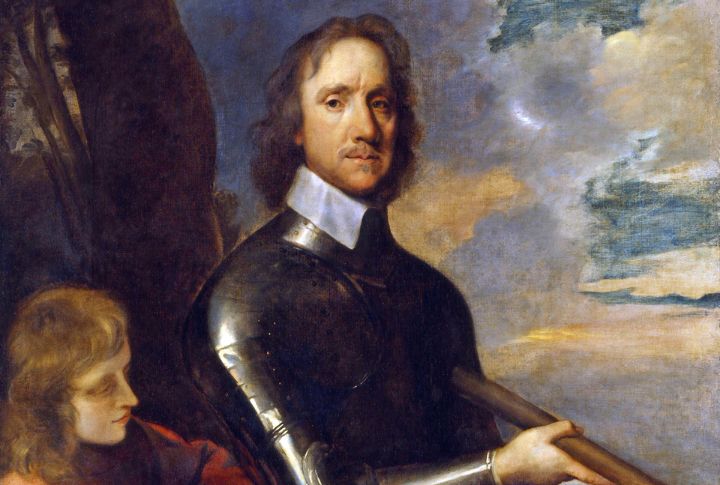
In the United Kingdom, Oliver Cromwell is hailed as a significant figure in English history. However, many overlook the Drogheda Massacre, a dark chapter from 1649 in Ireland. During the Eleven Years War between England and Ireland, Cromwell’s forces attacked the village of Drogheda, claiming it was filled with rebels. They mercilessly slaughtered inhabitants in the streets and then trapped a group in a church, setting it ablaze.
Mother Teressa

It’s almost sacrilegious to question Mother Teresa. But did she truly help the poor and sick as much as we think? According to several claims, her motives may have been more self-serving than generous, focusing on converting people rather than providing effective aid. Despite ample donations, her missions often lacked proper medical care, food, and pain relief.
Joe Kennedy Sr.

President John F. Kennedy was often praised for his leadership skills before his tragic
assassination, and many credit his father, Joe Kennedy Sr., for grooming several sons for political careers. However, Joe Kennedy Sr. was not an ideal father as he made his daughter, Rosemary, undergo a lobotomy, which left her unable to speak or walk properly, and she had to be institutionalized.
Andy Warhol
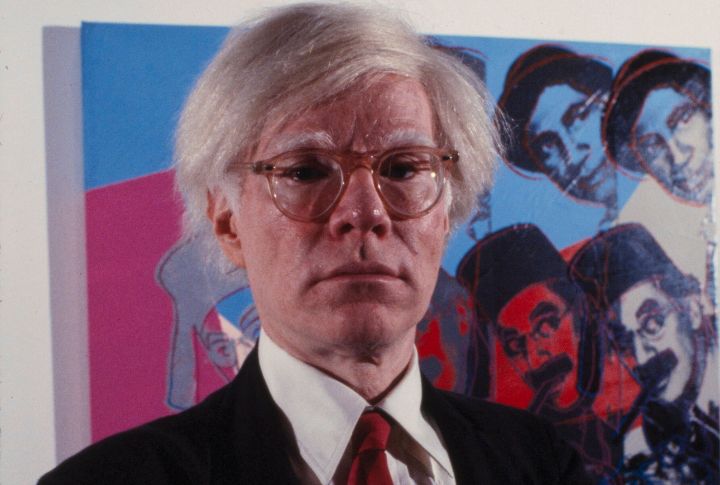
Many of Andy Warhol’s famous works were produced at his renowned Factory, where he employed artists to assist in creating art and starring in films. However, there were issues with how these artists were treated. They were overworked, underpaid, and received no recognition for their contributions, while Warhol garnered praise for their work.
Martin Luther
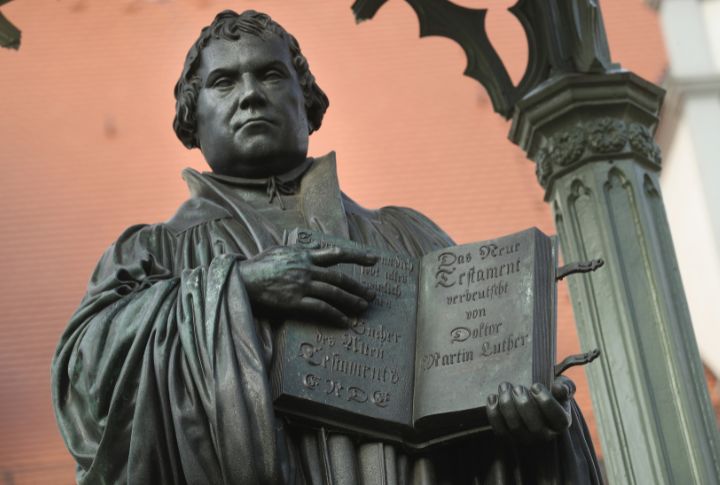
We all remember Martin Luther for his 95 Theses and the Protestant Reformation, but his views on Judaism are deeply troubling. Luther’s extreme views perpetuated anti-Semitic sentiments and contributed to their persecution. He advocated confiscating their religious texts and banning rabbis from teaching.
Hellen Keller
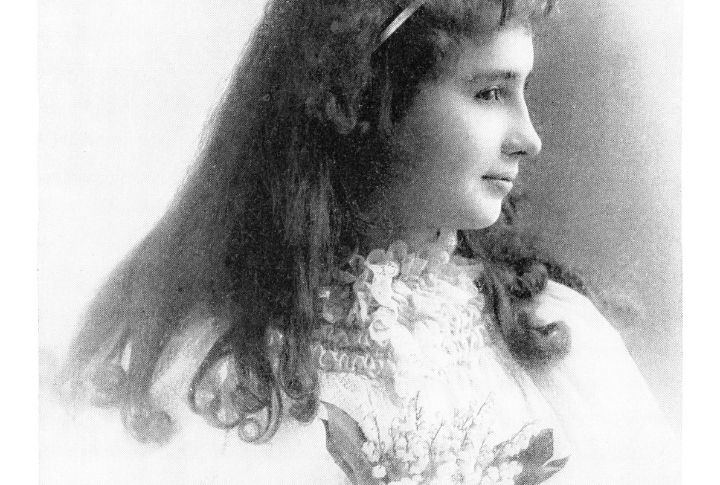
Despite her remarkable achievements despite blindness and deafness, Helen Keller held shocking beliefs about disabled children. Surprisingly, she championed euthanizing disabled children, a stance that contradicts her triumph over adversity. In 1915, she supported a doctor’s decision not to operate on a severely deformed infant, arguing that it was better to die than to live with disabilities.
Wright Brothers
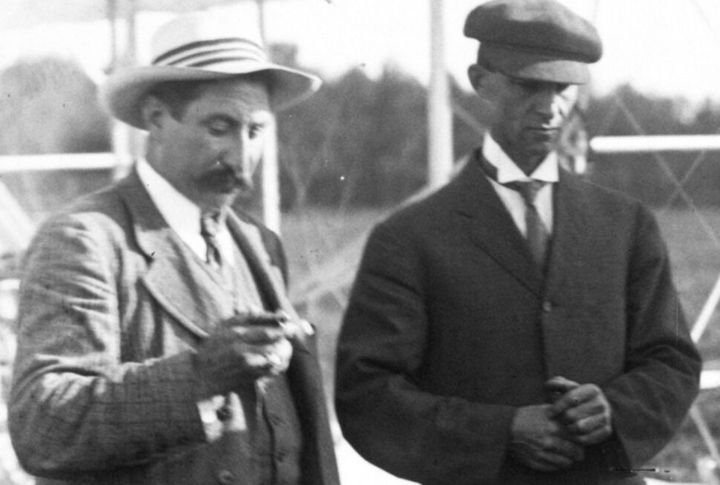
Although the Wright Brothers made significant strides in aviation, their penchant for lawsuits hindered the industry’s progress. After their successful 1903 flight, the duo patented their technology and the scientific principles of flight. So, from 1907 to 1917, other inventors initiated a series of legal battles, causing gridlock in American aviation development.
Harry S. Truman

During a pivotal wartime period, Truman’s choice to deploy atomic bombs on Hiroshima and Nagasaki stands as one of the most debated actions in history. These actions killed thousands instantly and left lingering effects on survivors. His presidency saw the start of the Korean War, involving the U.S. in years of conflict.
Queen Elizabeth I
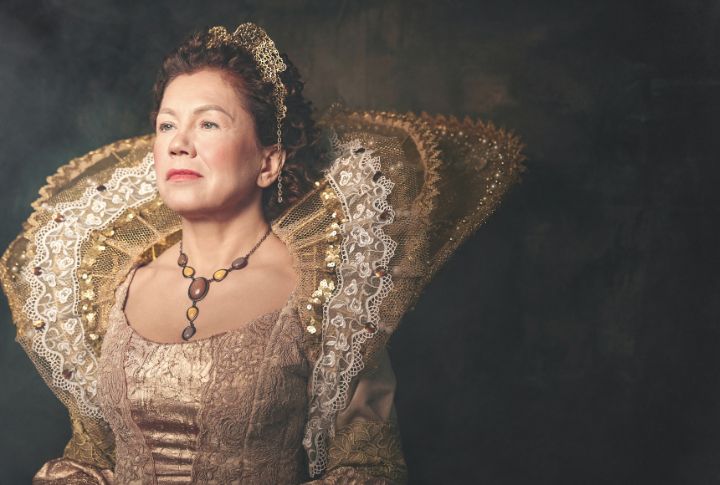
While stabilizing England and defeating the Spanish Armada, Queen Elizabeth I demonstrated severe aspects throughout her reign. Her brutal suppression of the Irish, viewing them as savages, and the government’s use of torture against political prisoners spotlighted a darker side of her rule. The establishment of the Church of England led to the persecution of Catholics and enforced a legacy of religious division.
Napoleon Bonaparte
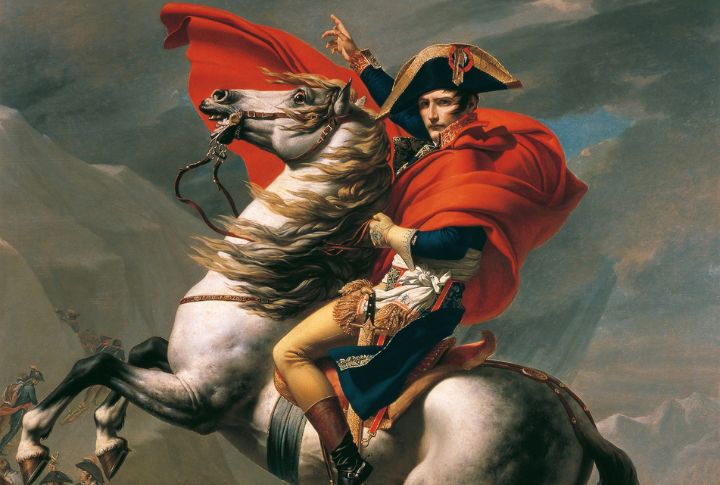
Highly criticized for authoritarian rule and the countless lives lost due to relentless military campaigns, Napoleon Bonaparte’s ambition led to the devastation of Europe, with his disastrous Russian campaign resulting in massive casualties. Additionally, the reinstatement of slavery in French colonies reversed previous abolition efforts. His authoritarian governance style notoriously suppressed media freedom and instituted a police state.
Joan of Arc
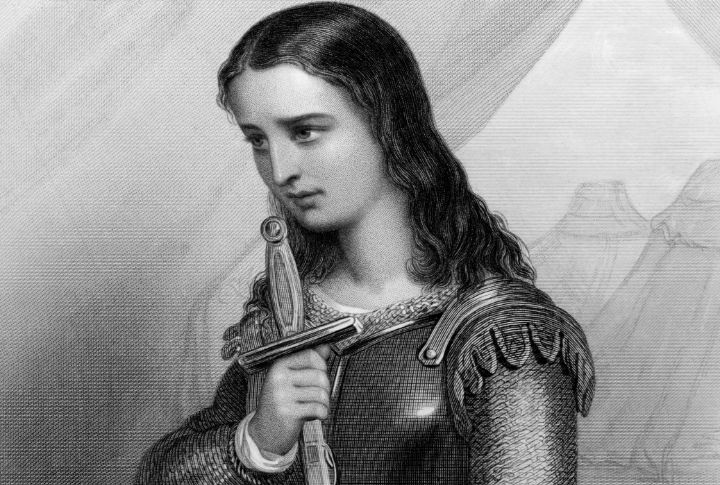
Celebrated as a martyr, Joan of Arc’s military campaigns during the Hundred Years’ War led to the deaths and suffering of many. Her zeal for victory, driven by divine claims, fueled brutal conflicts. After her capture, politicized trial and execution highlighted the ruthless exploitation of religious fervor for political gain. Aggressive maneuvers mostly involved scorched earth policies, exacerbating the war’s devastation.
Florence Nightingale
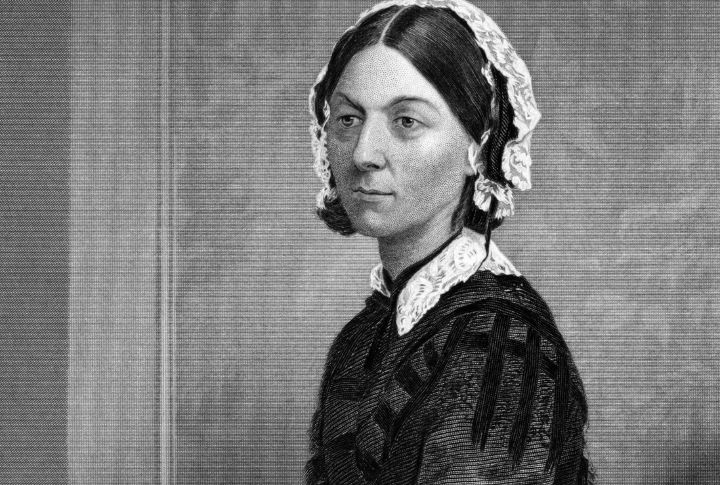
Revered for modernizing nursing, Florence Nightingale also harbored controversial views on sanitation that sometimes dismissed other medical opinions, potentially delaying further innovations in medical science. Her emphasis on strict discipline and austere hospital conditions could be harsh, and her contemporaries sometimes criticized her for lacking compassion.
Harriet Tubman
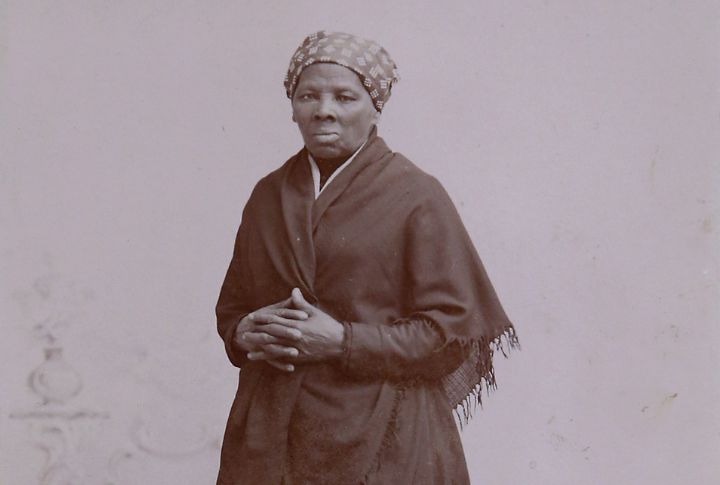
A celebrated heroine of the Underground Railroad, Harriet Tubman’s methods in leading enslaved people to freedom were ruthlessly pragmatic. They involved threatening to kill any fugitives who wished to turn back, which highlighted the severe pressures under the threat of capture and the extreme measures deemed necessary in dire circumstances.
William Wallace
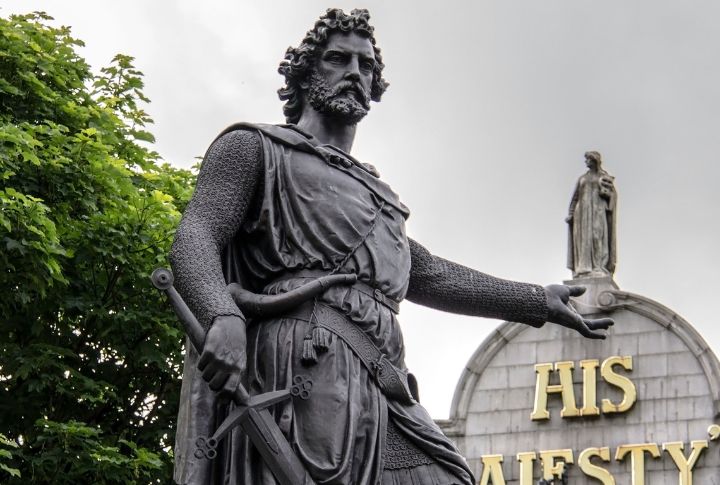
Known for his resistance against English occupation, Scottish hero William Wallace was also noted for his vicious battle tactics and punitive raids into Northern England. His techniques included razing villages and mass slaughter, which, while earning him a fearsome reputation, marked him as a ruthless leader in his time. Wallace’s deeds have been romanticized in modern times, dimming the more violent aspects of his campaign opposing English rule.
Jesse Owens
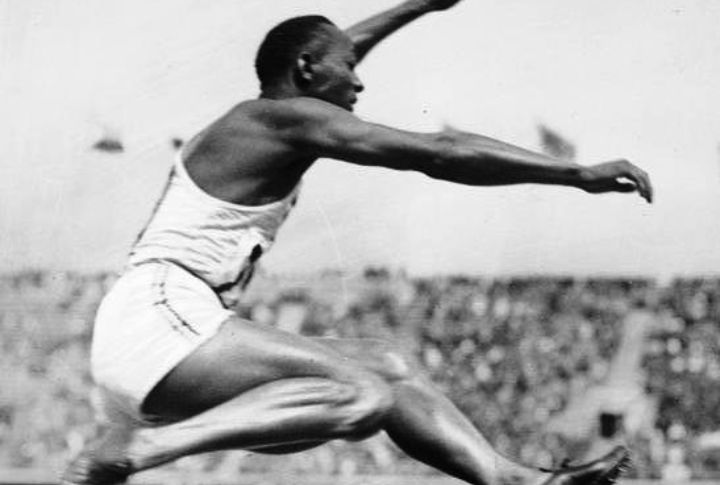
An iconic Olympian, Jesse Owens, unfortunately, met allegations later in his life of exploiting his fame for personal gain, which included criticizing newer athletes for maintaining his endorsements. Post-athletic decisions surpassed the inspirational aspect of his legacy and drew criticism for not supporting the next generation of athletes.
Amelia Earhart
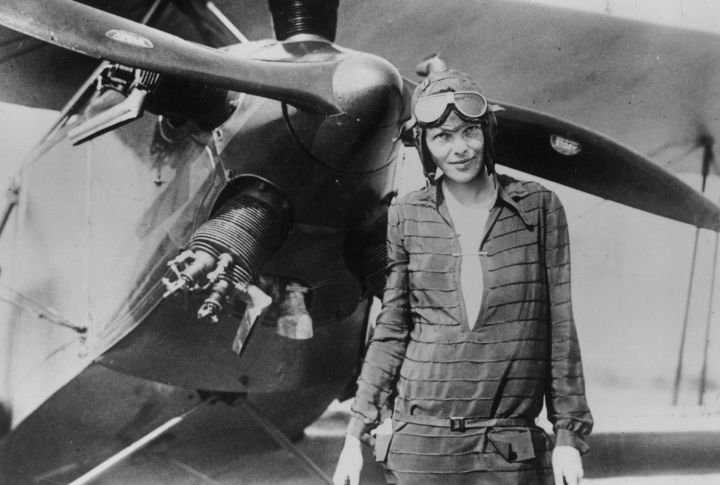
As an aviator, Earhart’s competitive nature made her dismissive of emerging female pilots seen as rivals. Her determination to be the best caused strained relationships within the female pilot community, overshadowing potential mentoring opportunities. Some historical critiques even suggest she took undue credit for navigational successes achieved by her co-pilots.
Sir Isaac Newton
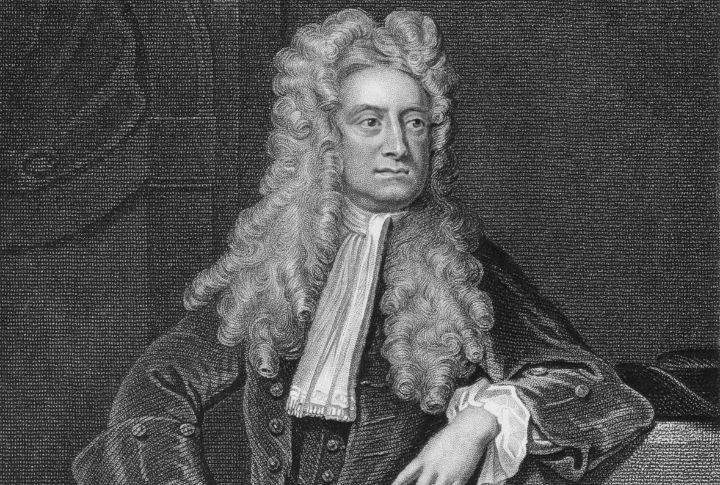
A revolutionary physicist, Newton’s vindictive side in scientific rivalries, particularly with Hooke and Leibniz, eclipsed his contributions. His preoccupation with alchemy and biblical chronology dominated much of his career, topics that are often overlooked in discussions of his scientific and mathematical accomplishments.
Ludwig van Beethoven
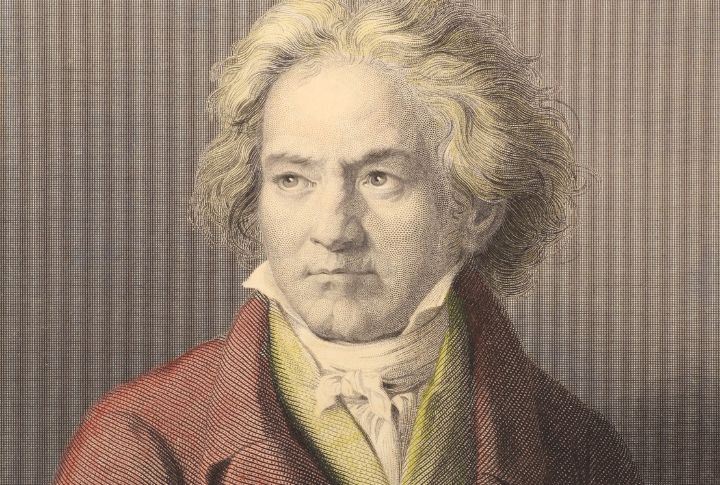
Beethoven, one of the greatest composers, was notorious for his prickly personality and tumultuous relationships. His unyielding temperament led to harsh treatment of his nephew and strained relations with contemporaries, complicating his legacy as a genius. Persistent health problems, including his well-known deafness, significantly impacted his social interactions and mental wellness.
Wolfgang Amadeus Mozart
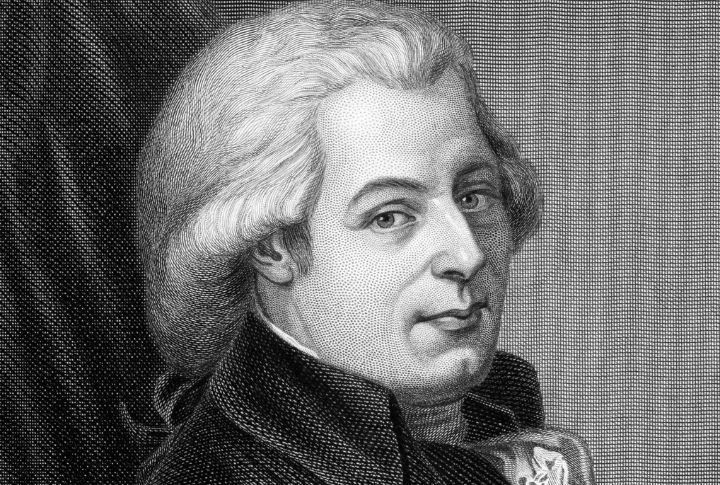
Mozart faced criticism for his scatological humor and inappropriate behavior, which alienated many. His lavish spending led to financial ruin, and his habit of mocking and belittling other composers and performers in public settings often resulted in professional isolation and lost patronages, exacerbating his monetary difficulties.
Christopher Columbus
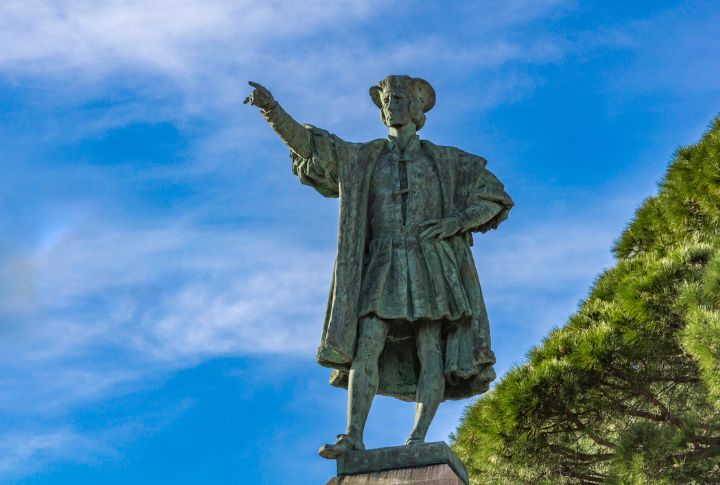
Esteemed as the discoverer of America, Christopher Columbus played a pivotal role in initiating the enslavement and brutal treatment of indigenous populations. His actions set a precedent for centuries of exploitation and oppression, as European colonizers followed his example, seizing native lands and resources.
Sir Francis Drake
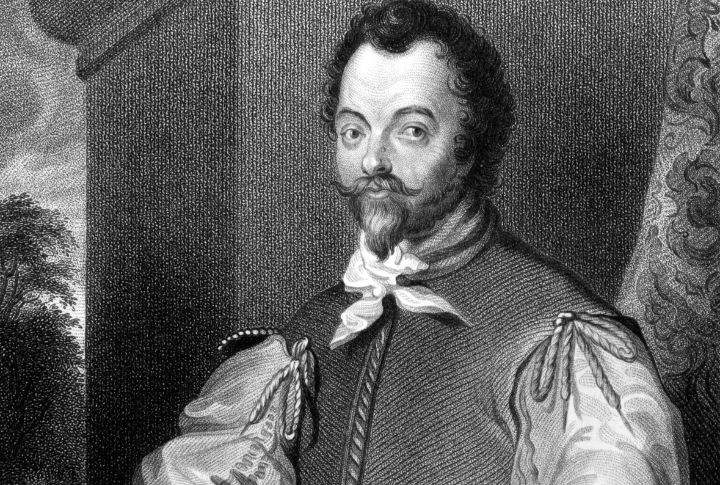
Hailed as a hero in England but viewed as a relentless pirate by the Spanish, Sir Francis Drake’s voyages were marked by plunder and violence. His strategies, particularly against Spanish territories, subdued his reputation as a noble explorer, and his involvement in the slave trade further complicated his historical image.
Henry Ford
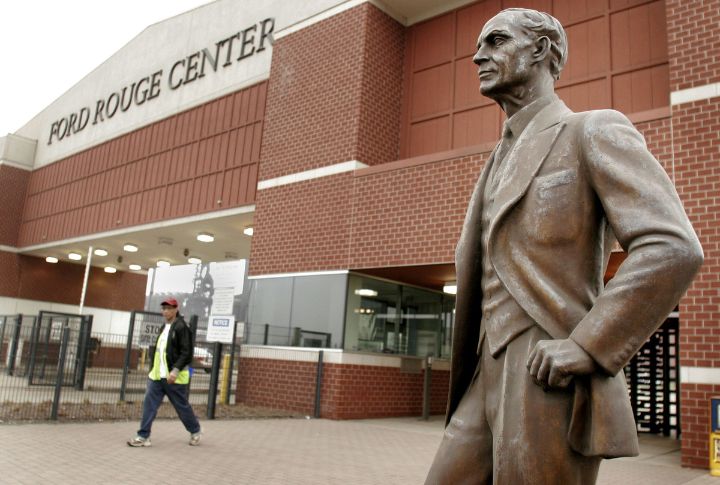
A revolutionary in the auto industry, Henry Ford held severe anti-Semitic views and admired Nazi efficiency, using his resources to support the Third Reich. His endorsement of oppressive ideologies reveals a disturbing alignment with tyranny. Moreover, Ford’s implementation of the assembly line led to the intense regimentation of labor, which critics argue dehumanized his workers and set precedents for rigorous working environments in future manufacturing practices.
Elon Musk
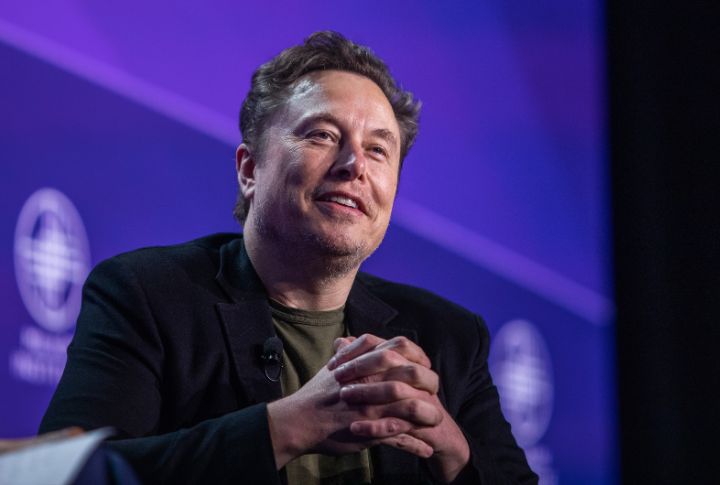
Acclaimed for his projects in electric cars and space travel, Elon Musk has been criticized for erratic statements and stringent treatment of employees. His abrupt decision-making and high expectations have been described as dismissive of worker troubles, complicating his leadership image. Musk’s behavior on social media platforms, including controversial tweets, has frequently led to market fluctuations, raising concerns about the responsible use of his influential public platform.
Jeff Bezos

Jeff Bezos, founder of Amazon, has faced heavy criticism for labor procedures under his leadership. Allegations of poor working conditions and anti-union tactics have sparked significant backlash, contrasting with his company’s progress. His influence in media ownership, especially the acquisition of The Washington Post, has even raised ethical and transparency concerns.
Winston Churchill

Widely celebrated for his role in combating the Nazis during World War II, Winston Churchill concealed a darker truth beneath his heroic facade. Contrary to popular belief, he harbored white supremacist views and shared striking similarities with the very enemies he fought against. He justified British violence rather than acknowledging the injustice of colonial invasion.
Mahatma Gandhi

Mahatma Gandhi, a symbol of non-violence, held some intricate perspectives beyond his popular image. Surprisingly, he experimented with his self-discipline by sleeping alongside young women to test his celibacy vows. Additionally, his views on African Americans were surprisingly extreme, contrasting with the peace-loving persona commonly associated with him.
Thomas Jefferson

One of the Founding Fathers, Thomas Jefferson, also the 3rd President, had a dark secret. He enslaved a young woman named Sally Hemings, who was also his wife’s half-sister. DNA tests in 1998 proved that Jefferson fathered all six of Sally’s children, even though his family denied it for generations.
Theodore Roosevelt

Often seen as a symbol of American strength and progress, Theodore Roosevelt had a more complicated legacy than meets the eye. As he believed in building America, he used a foreign policy tactic nicknamed “Big Stick diplomacy.” This tactic involved using military power or threats of force to get what the U.S. wanted. This aggressive approach created resentment in some parts of the world.
Che Guevara

Che Guevera, the iconic figure of the Cuban Revolution, was celebrated for fighting for the oppressed, but his methods were brutal. He didn’t believe in fair trials for those who disagreed with him. He also ordered many people to be executed without any trial, including artists, poets, homosexuals, and anyone who resisted his government.
George Washington

It would come as a surprise to many, but George Washington not only inherited enslaved people but owned hundreds throughout his life. He even purchased enslaved people after the American Revolution despite expressing reservations about the concept of slavery. Several biographies and historical accounts also mention that Washington preferred associating with people of equivalent status.
Alexander The Great

Alexander the Great’s legacy extends beyond his military genius. He exhibited ruthlessness, evident in the destruction of cities like Thebes and the massacre of civilians. The conqueror struggled with trust, ordering the execution of close associates like Parmenion. His lavish lifestyle included heavy drinking, which some speculate contributed to his untimely death at the young age of 32.
Julius Caesar

A celebrated Roman leader, Julius Caesar rose to power through military brilliance and shrewd political maneuvering, but his ruthless tactics ultimately led to his downfall. Caesar’s ambition drove him to adopt nefarious tactics, one of which was eliminating his rivals. However, this brutality came back to haunt him, culminating in his assassination on the Ides of March.
Thomas Edison

Thomas Edison, while renowned for his contributions to the development of the electric light bulb and other technologies, was involved in some controversial actions throughout his career. Edison engaged in aggressive marketing tactics, including public demonstrations where he electrocuted animals, including an elephant named Topsy, using A.C. to portray it as dangerous. Additionally, he was known for taking credit for the work of others, such as Nikola Tesla, and engaging in unethical business practices to maintain dominance in the emerging electrical industry.
Margaret Thatcher

Britain’s first female Prime Minister remains a controversial figure. While her economic policies benefited some, they also increased inequality and social unrest. Critics argue her focus on individualism and reduced social programs hurt the most vulnerable in society.
Charles Dickens

The author resented the women in his life, including his mother and wife. Despite marrying Catherine Hogarth, Dickens doubted her abilities and would accompany her to ensure she completed errands correctly. Later, he began an affair with 18-year-old actress Ellen Ternan. Dickens even tried to bribe doctors to diagnose Catherine with a mental illness so he could divorce her.
John Lenon

According to John Lennon’s housekeeper, he was reportedly an absent father who frequently criticized his son and would sometimes hit him at the dinner table and leave drugs around the house. As someone who often spoke about his troubled upbringing, surprisingly, he would do the same to his child.
Alfred Hitchcock

Alfred Hitchcock is famous for his suspenseful thrillers, but reports of mistreating actresses taint his reputation. In her memoir, Hedren detailed inappropriate advances from Hitchcock, including unwanted kisses and requests for physical contact on set. These advances went beyond words. During a pivotal scene in “The Birds,” Hitchcock promised Hedren the use of mechanical birds, only to have her attacked by live birds for hours on the day of filming.
Franklin D Roosevelt

He made history by winning four elections, introduced Social Security, defeated the Nazis, and famously ended Prohibition. However, some of FDR’s decisions were racist, anti-Semitic, and harsh. During the Great Depression, FDR sought to bolster the economy by accumulating gold, compelling everyone, regardless of citizenship, to surrender their gold or face legal consequences.
Charlie Chaplin

Charlie Chaplin’s relationships with women were complicated. He was accused of being a philanderer, with some reports claiming he had affairs with thousands of women. He fathered twelve children but reportedly paid for abortions as well.
